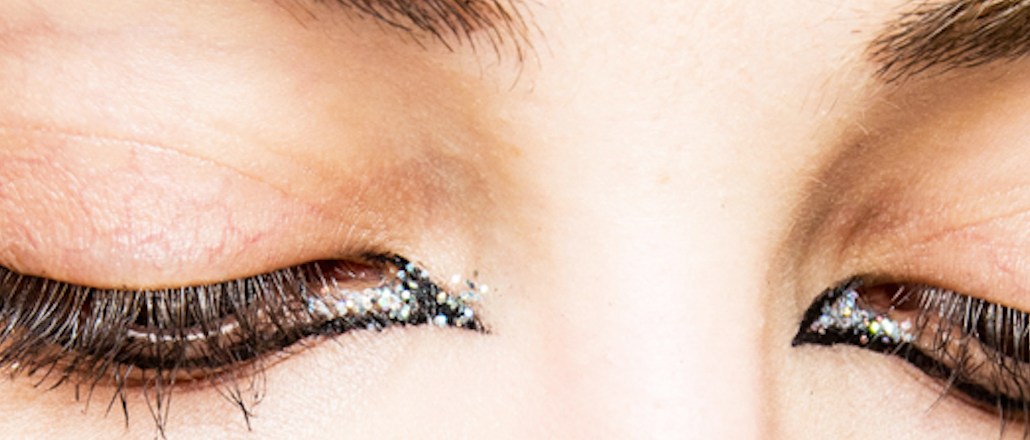Secure your place at the Digiday Media Buying Summit in Nashville, March 2-4
Makeup for all: Why MAC Cosmetics is funding a documentary on the transgender community

MAC wants to drive a little social change along with its lipstick sales.
The makeup giant is developing a video series that offers viewers a peek into the lives of transgender and nonconforming individuals, due out this June. The series is being directed by Silas Howard — who has directed episodes of acclaimed Amazon series “Transparent” and is a member of the trans community — and will highlight how the community retains its wit and resilience.
“We’ve always been a purpose-driven brand for all ages, races and had a great relationship with the trans community,” said Nancy Mahon, svp of MAC Cosmetics and executive director of the MAC AIDS Fund. “Caitlyn Jenner has been a game-changer, but this was the perfect opportunity for the brand to use its muscle and push the issue beyond that.”
The videos come on the heels of the brand’s recent collaboration with Jenner, which saw the launch of a lipstick named “Finally Free.” All the sales of the lipstick will go to further the brand’s work in support of transgender communities. The video series also supports the mission of the MAC AIDS Fund, the brand’s charitable arm that has been dedicated to supporting HIV/AIDS organizations across the world.
This isn’t MAC’s first foray into video production. In 2014, the brand funded “It’s Not Over,” a feature-length documentary about three young people living with or affected by HIV across three countries, which was also released on Netflix. The documentary, directed by filmmaker Andrew Jenks, was timed to release with World AIDS Day. Like “It’s Not Over” on Netflix, the new series will also be made available on a streaming distribution platform. (MAC declined to confirm which one.) The brand will also circulate shorter “sharable and snackable” snippets across social channels, including Facebook, Instagram and YouTube. Brands like JetBlue and most recently Stella Artois have also funded documentaries and video series.
“Brands becoming content creators have really democratized the spread of information,” Mahon said. “But as an activist brand, we want to go where the decision-makers are. Content without a point of view is hollow.”
The goal of the new series is to create awareness and engage people in conversation around the transgender experience. It plans on doing so by painting an authentic portrait of the transgender community, which will inspire audiences to support the community. Apart from engagement and views, the brand will also track how the series affects the sales of the special edition Jenner lipstick.
“They put their money where their mouth is,” said Glennda Testone, executive director of the Lesbian, Gay, Bisexual and Transgender Community Center in New York. “They have been helping us with funding for a long time now and are really supportive of the community, which is visible in their Viva Glam campaigns and the spokespersons they’ve enlisted for that.”
MAC has not shied away from embracing causes around gender, sexuality and race. It made headlines in February after posting a photo of a model’s lips that received hateful comments — which then resulted in a backlash empowerment movement on Instagram called #PrettyLipsPeriod.
“People today expect brands to take a stance on issues and build sustainable businesses,” MAC’s Mahon said. “That’s here to stay.”
More in Marketing

WTF are tokens?
When someone sends a prompt or receives a response, the system breaks language into small segments. These fragments are tokens.

AI is changing how retailers select tech partners
The quick rise of artificial intelligence-powered tools has reshaped retailers’ process of selecting technology partners for anything from marketing to supply chain to merchandising.

YouTube’s upmarket TV push still runs on mid-funnel DNA
YouTube is balancing wanting to be premium TV, the short-form powerhouse and a creator economy engine all at once.








